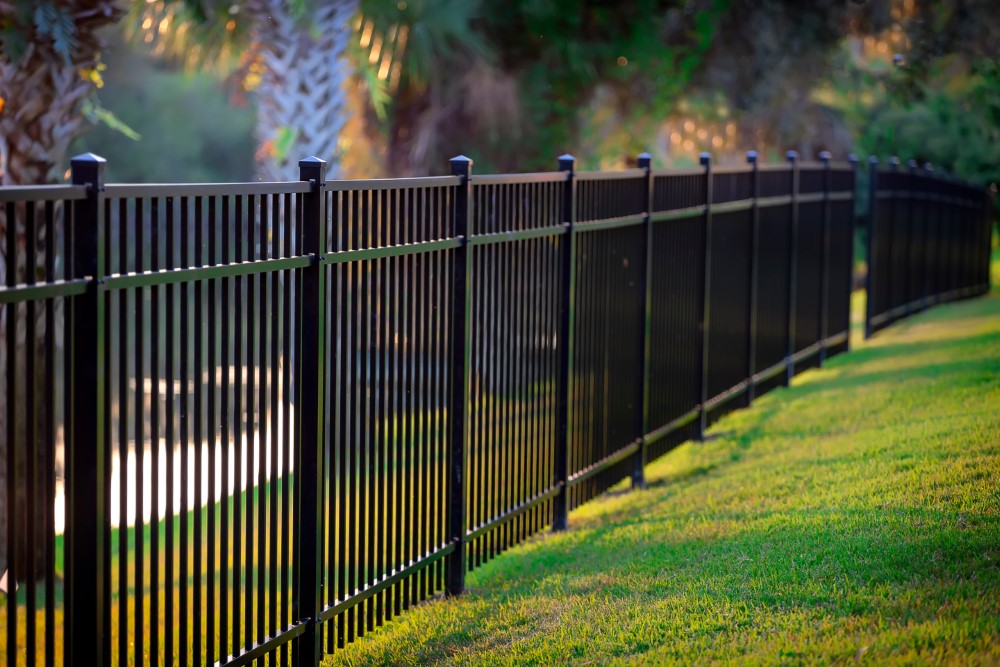Does your home need heritage windows?
What are Heritage windows?
Heritage windows are specially designed for older properties that need special permission to carry out any upgrades or renovations. They are designed to look as much as possible like units that may have been originally installed to a building. More often than not this means that the windows must look old fashioned and loosely historically correct for the age of the building.
The two main criteria heritage windows must fulfil when imitating traditional windows are:
- Wooden in appearance
- Appear to be single glazed windows
How do I know if I need Heritage Windows?
The two main types of buildings that need to have heritage windows installed are
- The house is in a Conservation Area and / or
- The house is a Listed building.
What is a Conservation Area?
A conservation area, according to Historic England, “… exists to manage and protect the special architectural and historic interest of a place”.
There are over 10,000 conservation areas in the UK and they exist to retain the unique characteristics of certain areas. Most Local Authorities in England have a conservation area under their control.
A conservation area can be any size, from a single structure or plot of land to an entire town or even a district.
The official designation of a conservation area is referred to as ‘Article 4 Direction’. This directive applies certain restrictions to the development of buildings.
Listed Buildings
A Listed Building is of architectural or historical importance. A Listed Building can be in a Conservation Area but not all buildings in a conservation area are Listed – a structure attains listed status on it’s own individual merits.
There are a couple of different types of listed buildings:
- Grade I: buildings of exceptional interest.
- Grade II*: particularly important buildings of more than special interest.
- Grade II: buildings that are of special interest, warranting every effort to preserve them
Why does all this matter?
It all boils down to one thing – Planning Permission.
Buildings that are listed and/or are in a conservation area need planning permission from the local authority to carry out repairs, upgrades and renovations. Failure to obtain the required permissions is a criminal offence and the the local authority could force you to return the building to its original state (expensive) or initiate a prosecution that results in a prison sentence (expensive and worse).
I’ll say it again in bold letters, just in case you missed it:
Unauthorised work is a criminal offence
To find out what planning permissions you may need, visit the Government’s Planning Portal website:
Heritage Windows
With all the complex regulations and requirements some window manufacturers have developed lines of heritage windows. These are product ranges usually based on a specific project where planning permission was required and the company has used the experience to help other property owners in similar circumstances replace their windows with the minimum of fuss.
Heritage window frames
The first criteria we mentioned earlier referred to the frames – they must appear to be the historically correct for the age of the building. Imagine if you had a Victorian farm house – it would be wholly inappropriate to install white plastic windows. You would ruin the traditional look and feel of the place.
A house like this would have been built with single glazed sash windows with wooden frames, and painted. Therefore, that is what the planning authorities would expect to be installed when upgrading the property.
Plastic window frames with wooden effect may be passed by the planning office, but more than likely he would want to see timber window frames. There are many options available for timber windows – cheap softwood frames may well pass planning criteria, but they would probably be poorly made. The result would be draughty, insecure windows with poor sound proofing and a very short lifespan – they would let in water and rot very quickly.
The top end of the market would be a better place to look. Timber window frames made from Oak, Red Grandis or Accoya would be better made and have a much longer lifespan. Better made windows are energy efficient and have an expected lifespan of up to 70 years.
Heritage window glazing units
The other main material is obviously the glass. As mentioned, planning authorities would ideally like the windows to be single glazed as per the original installation. Or course they do also realise that the occupants of the house need to be taken into consideration. Single glazed windows are energy inefficient – they would make the house difficult to heat. This also relates to the authorities responsibility to the environment.
However, most double glazed windows are very obviously double glazed. This goes against the criteria of ‘appearing traditional’. Slimline double glazed units are available, but they are difficult to manufacture because the width of the gap between the two panes is only very slim – 6 – 8mm as opposed to 20+mm in standard double glazing. This small gap makes them very difficult to seal effectively and the units are prone to failure – the insulating gas escapes and moisture gets in. The windows are colder, and suffer from condensation.
A better alternative is Vacuum Glazing. Developed in Japan for use in earthquake zones, Vacuum glass is lightweight and very energy efficient. As you may guess, the cavity between the two panes is a vacuum – heat or sound cannot cross a vacuum, so these units are very, very energy efficient. What’s more, a vacuum of any size is still a vacuum – a vacuum of 0.1mm is equally sound and energy efficient as the vastness of space. This means that the gap between the panes is very, very small – 0.6mm.
So a vacuum glazed heritage window is not much thicker than an antique single pane of glass. The narrowness of the gap between the panes eliminates the main problem with double glazing – the double reflection effect. Getting rid of the double reflection effect that standard double glazing gives means the windows have a better chance of being passed by the local planning authorities.






